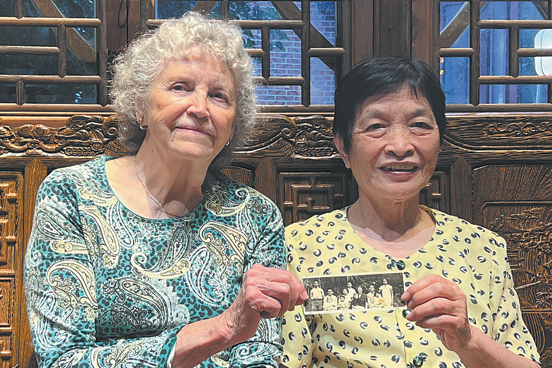Cleaning up the planet
Xinhua | Updated: 2018-10-10 07:15
Work from the source
Red Bull cans, Nongfu Spring plastic bottles, cigarette packets and Hi-Tiger bottles were the top four waste products in Lin Peng's collection along the Sichuan-Tibet highway.
In Yudong Park, Ma Yongjian and his friends estimated that around 80 percent of the trash was cigarette butts, which, according to a recent study, are one of the most harmful and biggest manmade contaminants in our oceans.
In the meantime, thousands of single-use paper cups discarded along the Beijing International Marathon route drew criticism from the public for being "a competition for throwing away trash".
"We must change the way of living we are used to, to reduce waste from its source," says Joe Harvey, a British national and promoter of "zero waste" lifestyles in China.
He and his girlfriend Carrie Yu created The Bulk House, a brand that provides zero-waste solutions for daily living. In their store located in downtown Beijing, customers can find long-lasting stainless steel straws to replace plastic ones, or bio-detergents that leave no impact on the environment.
They are urging people to reduce or eliminate the use of plastic and single-use disposables, such as plastic utensils, bags and beverage bottles.
Sounding a note of caution, Mao Da, a specialist in environmental history at Beijing Normal University, says: "In recent years, the massive consumption and materialistic frenzy have worsened the waste situation as trash has been produced at a faster pace and in greater quantities."
























